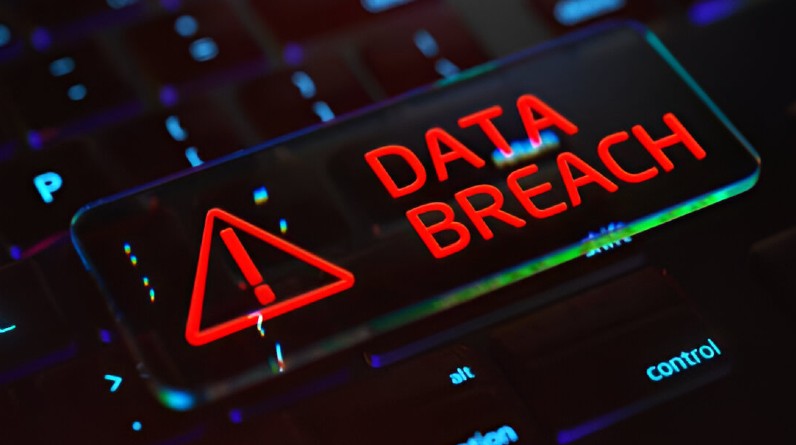The emergence of data breaches, such as the thejavasea.me leaks AIO-TLP287, raises significant legal and ethical concerns. While cybersecurity discussions often focus on the technical aspects of leaks, it is equally crucial to examine how such breaches impact digital privacy laws, ethical hacking debates, and the dark web’s role in data dissemination.
Understanding the Legal Consequences of the AIO-TLP287 Leak
Data breaches like thejavasea.me leaks AIO-TLP287 often lead to serious legal ramifications for both the affected entities and the perpetrators. Various international data protection regulations come into play when a breach occurs.
1. Violations of Data Protection Laws
Governments worldwide enforce strict regulations to protect user data. The AIO-TLP287 leak may have violated several laws, including:
- General Data Protection Regulation (GDPR) [Europe] – Organizations failing to safeguard user data can face penalties up to €20 million or 4% of global annual turnover.
- California Consumer Privacy Act (CCPA) [USA] – Affected users can file lawsuits against companies that fail to protect their data.
- Personal Data Protection Bill [India] – Introduces hefty fines for mishandling sensitive user information.
- Pakistan’s PECA Act – Imposes penalties on unauthorized data disclosure and cybercrimes.
2. Legal Consequences for Hackers & Data Distributors
Cybercriminals involved in hacking and distributing leaked data may face severe legal action under cybercrime laws. Depending on jurisdiction, consequences include:
- Imprisonment for up to 10+ years for data theft and unauthorized access.
- Heavy fines imposed on individuals or organizations distributing sensitive data.
- Extradition requests if hackers operate in one country but violate laws in another.
Ethical Considerations: White Hat vs. Black Hat Perspectives
Ethical debates surrounding thejavasea.me leaks AIO-TLP287 raise questions about the moral responsibilities of cybersecurity experts, whistleblowers, and ethical hackers.
1. The Role of Ethical Hackers
White-hat hackers, also known as ethical hackers, often work to uncover security vulnerabilities and report them responsibly. However, when a breach occurs:
- Should ethical hackers intervene and help mitigate damage?
- Is it justifiable to expose vulnerabilities publicly, even if it harms affected users?
2. The Dilemma of Whistleblowers & Data Transparency
Some leaks expose corporate misconduct, but others reveal private user data, leading to an ethical dilemma:
- Transparency vs. Privacy: Should whistleblowers release data that may harm individuals?
- Public Interest vs. Malicious Intent: When does exposing information serve justice versus enabling cybercrime?
The Role of Dark Web Marketplaces in Spreading Leaked Data
One of the most concerning aspects of data breaches like AIO-TLP287 is how stolen data is disseminated, particularly on the dark web.
1. How Data Leaks Enter Dark Web Marketplaces
After a breach, leaked data often follows a structured distribution path:
- Hacker Forums – Breached data is first shared or sold in underground hacker communities.
- Dark Web Marketplaces – Cybercriminals sell personal and corporate data for illicit gains.
- Public Torrent & Paste Sites – Some leaks become freely available, amplifying the damage.
2. Who Profits from Leaked Data?
Cybercriminals, data brokers, and identity thieves monetize stolen information in various ways:
- Selling Financial Data – Credit card and banking details are sold to fraudsters.
- Identity Theft & Fake Documents – Personal data is used for illegal activities.
- Corporate Espionage – Competitors may use stolen trade secrets against businesses.
Mitigating Legal & Ethical Risks: What Can Be Done?
For Governments & Regulators
- Strengthen International Cyber Laws – Enhance collaboration between nations to track and prosecute cybercriminals.
- Improve Data Protection Standards – Encourage businesses to implement end-to-end encryption and multi-factor authentication.
- Monitor Dark Web Activities – Use AI-driven cybersecurity tools to detect and shut down illegal data markets.
For Businesses & Organizations
- Invest in Cybersecurity Infrastructure – Implement firewalls, encryption, and regular security audits.
- Train Employees on Data Protection – Prevent insider threats and unintentional data leaks.
- Develop an Incident Response Plan – Ensure immediate actions are in place if a breach occurs.
For Individuals
- Use Strong, Unique Passwords – Prevent account breaches through password managers.
- Monitor Credit & Personal Data – Check for identity theft risks and report suspicious activities.
- Avoid Sharing Sensitive Data Online – Minimize exposure to potential breaches.
Final Thoughts: Striking a Balance Between Security & Ethics
The thejavasea.me leaks AIO-TLP287 highlights the growing challenges of cybersecurity, legal accountability, and digital ethics. As governments, businesses, and individuals navigate this complex landscape, the key takeaway remains clear: a proactive cybersecurity approach combined with ethical responsibility is the best defense against future data breaches.
Want more insights? Keep visiting Lotology for the latest updates and information!

